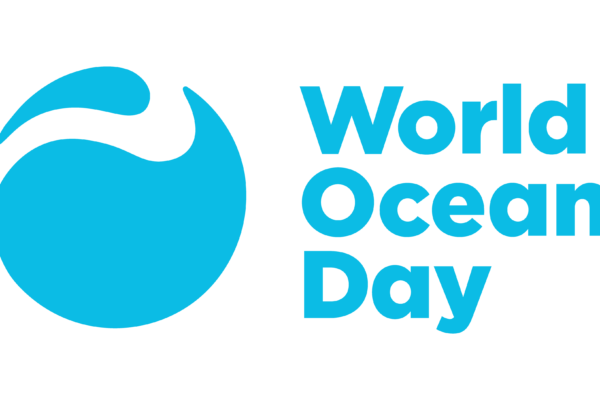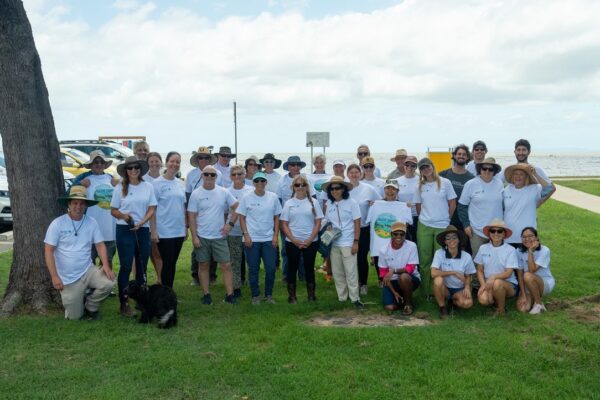LOTS of good stuff today in the round-up! Of course by “good” I mean “interesting,” considering the first item. This week we cover an apathetic global public, playing games with Al Gore, and how losing predators means gaining harmful CO2.
The Ocean Project posts these round-ups of key strategic ocean and climate communication resources we’ve been tweeting every week – we hope they’ll help keep you updated and inform your storytelling and communications!
The Ocean Project posts these round-ups of key strategic ocean and climate communication resources we’ve been tweeting every week – we hope they’ll help keep you updated and inform your storytelling and communications!
News & Storytelling
Current events, interesting angles on ocean and climate change communication, and useful polls/market research.
Global surveys show environment ranks low on public concerns
It’s hard to feel optimistic OR surprised about this new international study. International respondents overwhelmingly put the economy at the top of the concerns list and the environment at the bottom – more numbers in the linked article.
Want to play a little game?
Al Gore’s The Climate Reality Project has released a new “Internet activism tool” called Reality Drop. It’s basically turned commenting on online news articles about climate change into a game. What stands out to me is the use of the word “denier” which I’m personally iffy about. I started to question the use of the word after reading this great article about how strongly language choice can influence credibility, and now I tend to use “mis/dis-informer.” Thoughts?
Fewer predators means more carbon
A new study shows “top level” predators are important in keeping climate change at bay. In one experiement, removing predators from an ecosystem resulted in 93% more carbon dioxide emissions! This is also an interesting example of the unexpected consequences of messing with complex natural systems and how it can feed back.
Americans get an attitude about affluence
SightlineDaily sums up some data on Americans’ attitudes about consumption: we don’t like it! A 2009 study by the Center for American Progress found that 80% of Americans agreed “Americans should adopt a more sustainable lifestyle by conserving energy and consuming fewer goods.” Okay, that doesn’t exactly jive with Americans consuming 1/3 of the Earth’s resources despite composing just 4.5% of the world population. This definitely doesn’t come to a surprise to me considering The Ocean Project’s own communications research has shown that Americans consider themselves to be “green,” even when reality doesn’t measure up to our aspirations. BONUS: Americans are #1 in energy waste. U-S-A!
Global surveys show environment ranks low on public concerns
It’s hard to feel optimistic OR surprised about this new international study. International respondents overwhelmingly put the economy at the top of the concerns list and the environment at the bottom – more numbers in the linked article.
Want to play a little game?
Al Gore’s The Climate Reality Project has released a new “Internet activism tool” called Reality Drop. It’s basically turned commenting on online news articles about climate change into a game. What stands out to me is the use of the word “denier” which I’m personally iffy about. I started to question the use of the word after reading this great article about how strongly language choice can influence credibility, and now I tend to use “mis/dis-informer.” Thoughts?
Fewer predators means more carbon
A new study shows “top level” predators are important in keeping climate change at bay. In one experiement, removing predators from an ecosystem resulted in 93% more carbon dioxide emissions! This is also an interesting example of the unexpected consequences of messing with complex natural systems and how it can feed back.
Americans get an attitude about affluence
SightlineDaily sums up some data on Americans’ attitudes about consumption: we don’t like it! A 2009 study by the Center for American Progress found that 80% of Americans agreed “Americans should adopt a more sustainable lifestyle by conserving energy and consuming fewer goods.” Okay, that doesn’t exactly jive with Americans consuming 1/3 of the Earth’s resources despite composing just 4.5% of the world population. This definitely doesn’t come to a surprise to me considering The Ocean Project’s own communications research has shown that Americans consider themselves to be “green,” even when reality doesn’t measure up to our aspirations. BONUS: Americans are #1 in energy waste. U-S-A!
Resources
The latest in guides and toolkits to enhance your outreach.
3 Simple Nudges To Convince People To Use Less Energy
If that last item left you feeling drained, maybe this will give you an energy boost! It might be more simple than we think to reduce energy waste.
Meeting the Cold Weather Challenge
A political cartoon with two people in a snowdrift remarking “How about that climate change, eh?!” Never gets old. Head this attitude off at the snowy pass with this article from ClimateAccess.
Lessons from the Field: Targeting Your Audience
Also from ClimateAccess, members share lessons learned in the field segmenting their audiences for ideal communication strategies. Very interesting!
3 Simple Nudges To Convince People To Use Less Energy
If that last item left you feeling drained, maybe this will give you an energy boost! It might be more simple than we think to reduce energy waste.
Meeting the Cold Weather Challenge
A political cartoon with two people in a snowdrift remarking “How about that climate change, eh?!” Never gets old. Head this attitude off at the snowy pass with this article from ClimateAccess.
Lessons from the Field: Targeting Your Audience
Also from ClimateAccess, members share lessons learned in the field segmenting their audiences for ideal communication strategies. Very interesting!



